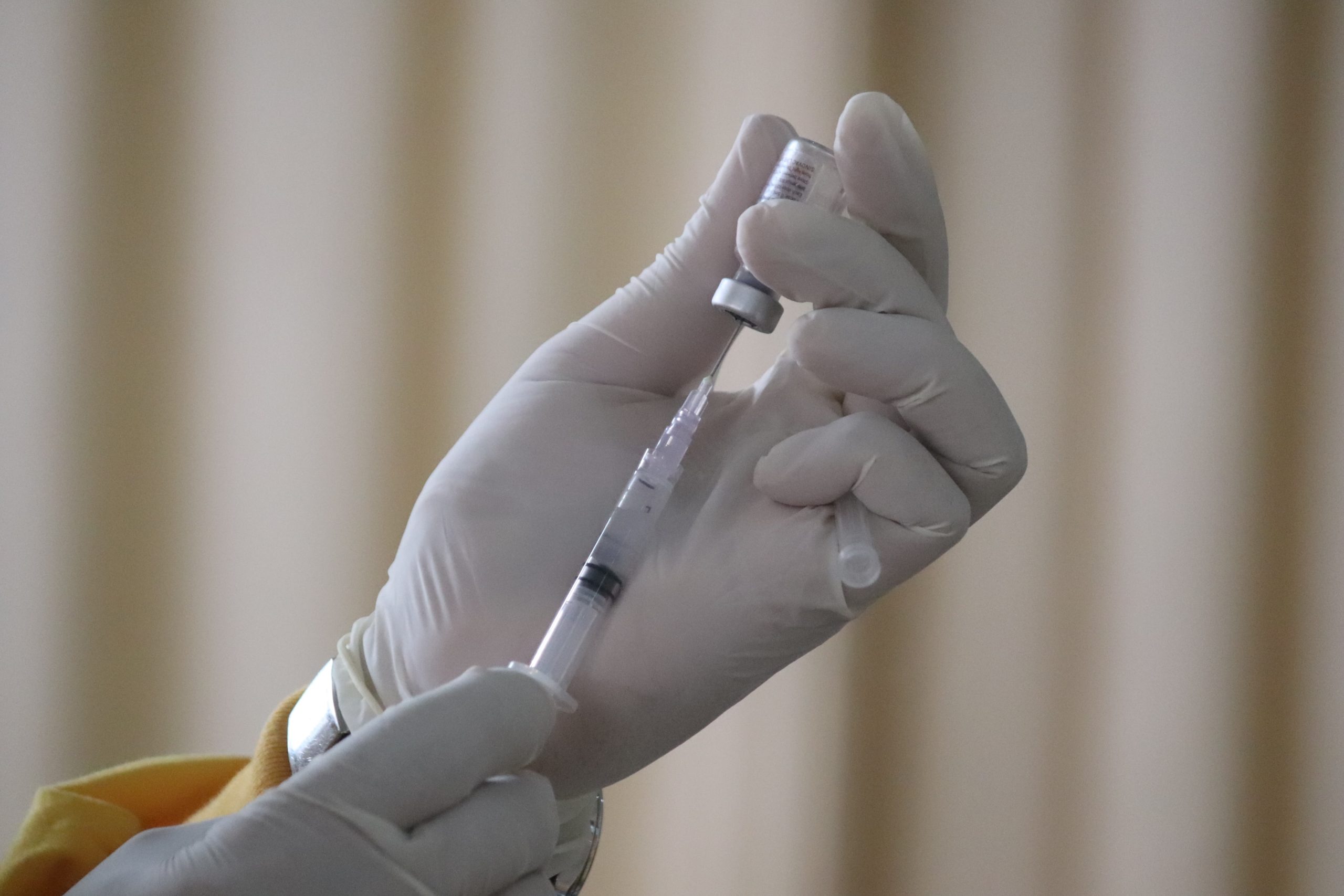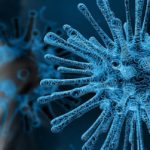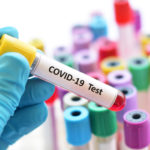
National Immunisation Awareness Month 2021
The month of August celebrates National Immunization Awareness Month. Biorex Diagnostics is dedicated to advancing global healthcare and is celebrating National Immunization Month to help raise awareness of the importance of vaccinations and also celebrate the medical achievements that have been made since their introduction. The campaign this year focuses on the awareness of immunization and separating fact from fiction. By focusing on realities, the population will become better educated around vaccinations and how they protect our most vulnerable. Taking into consideration the current COVID-19 situation and the launch of the vaccine, it is important the public are informed accurately.
Vaccinations were introduced in 1796 by Edward Jenner. Jenner’s vaccination was formed to create immunity against smallpox. Smallpox is described as, “a serious infectious disease caused by the variola virus. People who had smallpox had a fever and a distinctive, progressive skin rash.” This vaccination then went through medical and technical changes and within 200 years, the abolition of smallpox was successful. Since Jenner’s breakthrough with with immunization against smallpox, vaccinations against other diseases have become a vital part of life, with vaccinations starting from birth and boosters being offered throughout adulthood.
Many of the population are cautious of vaccinations because of the many inaccurate comments that are attached to them. NHS England has released an educational piece of work regarding, ‘The things you need to know about vaccines.’
This piece of work includes the following:
Vaccines do:
- Protect you and your child from many serious and potentially deadly diseases
- Protect others in your community
- Undergo rigorous safety testing before being introduced – they’re also constantly monitored for side effects after being introduced.
- Reduce or even get rid of some diseases – if enough people are vaccinated.
Vaccines do not:
- Do not cause autism
- Do not overload or weaken the immune system
- Do not cause allergies or any other condition
- Do not contain any ingredients that cause harm in such small amounts.
Vaccinations are vital for a healthy life and increased life expectancy. Unfortunately, due to the ongoing speculation revolving vaccinations, the numbers of people being immunized yearly is decreasing. WHO also announced that in 2020, the number of completely unvaccinated children increased by 3.4 million.
The World Health Organisation estimates that vaccines prevent 2-3 million deaths each year. Immunization is essential for a healthy life and should be prioritized to keep yourself and your loved ones safe from preventable diseases. While also protecting yourself and your family, it also reduces the stress on health care systems worldwide. To encourage more vaccinations worldwide, WHO have released their ‘Global Vaccine Action Plan’. To read more regarding the WHO’s publication please click here: Global Vaccine Action Plan.







